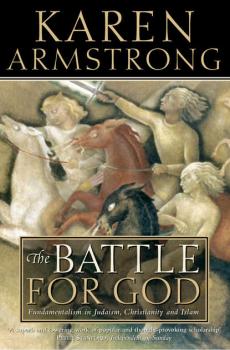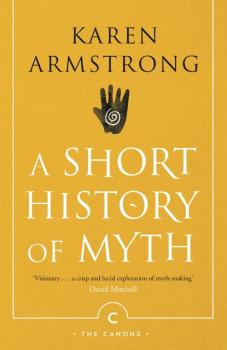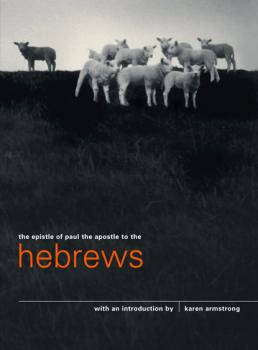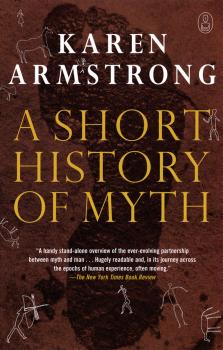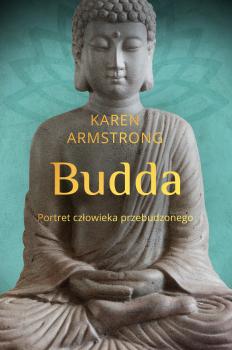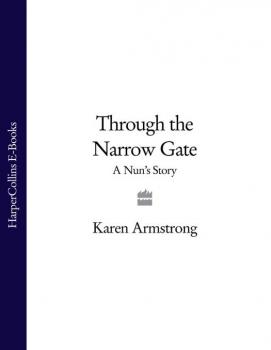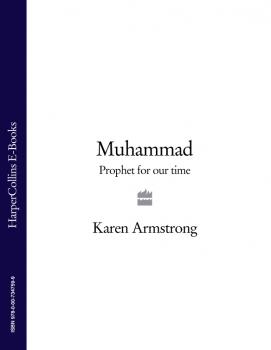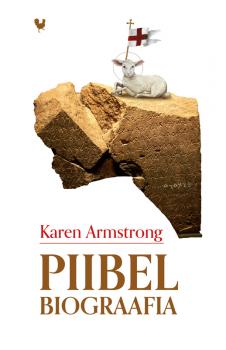ТОП просматриваемых книг сайта:















Karen Armstrong
Список книг автора Karen ArmstrongАннотация
This edition does not include illustrations.Britain’s greatest religious historian chronicles the rise and rise of fundamentalism.One of the most potent forces bedevilling the modern world is religious extremism, and the need to understand it has never been greater.Focusing in detail on Protestant fundamentalism in the United States, Jewish fundamentalism from sixteenth century Spain onwards and Muslim fundamentalism over the last four hundred years, Armstrong examines the patterns that underlie fundamentalism. These evolve from the clash between the conservative pre-modern mind that is governed by a love of myth, and the progressive rational society that relishes change. Fundamentalists view the contemporary world with horror, rejecting its claims to truth, and a state of war now exists over the future of our culture. They are not terrorists, rather, they are innovative, existing in a symbiotic relationship with an aggressive modernity, each urging the other on to greater excess.The Battle for God is original in its thesis and in its understanding; as a history of religious ideas it is fascinating, and as an explanation of one of the most destabilizing forces at large in the world today it is extraordinary.
Информация о книге
Автор произведения Karen Armstrong
Аннотация
Hebrews marks a parting of the ways for Jews and Christians of the first century. It makes a case for the superiority of the new Christian 'faith' over old Hebrew orthodoxy and draws on the Old Testament for precedents for Jesus's ministry and to paint a picture of Jesus.
Аннотация
“Human beings have always been mythmakers.” So begins best-selling writer Karen Armstrong’s concise yet compelling investigation into myth: what it is, how it has evolved, and why we still so desperately need it. She takes us from the Paleolithic period and the myths of the hunters right up to the “Great Western Transformation” of the last five hundred years and the discrediting of myth by science. The history of myth is the history of humanity, our stories and beliefs, our curiosity and attempts to understand the world, which link us to our ancestors and each other. Heralding a major series of retellings of international myths by authors from around the world, Armstrong’s characteristically insightful and eloquent book serves as a brilliant and thought-provoking introduction to myth in the broadest sense—and explains why if we dismiss it, we do so at our peril.
Информация о книге
Автор произведения Karen Armstrong
Жанр Старинная литература: прочее
Серия The Myths
Аннотация
Through the Narrow Gate is Karen Armstrong’s memoir of life inside a Catholic convent in the 1960’s.With gentleness and honesty, Armstrong takes her readers on a revelatory journey that begins with her decision, at the age of seventeen, to devote her life to God as a nun. yet once she embarked upon her spiritual training, she encountered a frightening and oppressive world, fossilized by tradition, which moulded, isolated and pushed her to the limit of what she could endure.
Аннотация
From the bestselling writer of ‘The History of God’ and the widely acclaimed ‘Islam – A Short History’ comes Karen Armstrong's ‘Muhammad’.Muhammad was born in 570 C.E., and over the following sixty years built a thriving spiritual community, laying the foundations of a religion that changed the course of world history. There is more historical data on his life than on that of the founder of any other major faith, and yet his story is consistently misunderstood, and subject to much distortion and error. This story is more relevant now than ever, offering crucial insight into the true origins of an increasingly radicalized Islam.An acclaimed authority on religious and spiritual issues, Karen Armstrong offers a balanced portrait of this revered figure. Through comparison with other prophets and mystics, she illuminates Muhammad's spiritual ideas; she uses the facts of his life, from which Muslims have drawn instruction for centuries, to make the tenets of Islam clear and accessible for modern readers of all faiths.This is an immaculately researched new biography of Muhammad that dismantles centuries of misconceptions to reveal the man at the heart of Islam.
Информация о книге
Автор произведения Karen Armstrong
Аннотация
Piibel on raamat, mis on kujundanud tervet Lääne kultuuriruumi ja ajalugu ning mille eri tõlgendustest on sõltunud riikide ja rahvaste saatused. Piiblit on tõlgitud rohkem kui 2000 keelde ning see on vaimseks teejuhiks igale kolmandale inimesele maailmas. Ometi on tegu keeruka tekstiga, mille kujunemislugu on pikk ja käänakuterohke. Briti kirjanik ja ajaloolane Karen Armstrong vaatleb, mil moel suuliselt levinud ja väga erinäolistest allikatest pärit pärimustekstid muutusid kirjapandud pühakirjaks, eri raamatutest koosnevaks kristluse baastekstiks ja kuidas erinevatel ajajärkudel on muutunud viis, mil moel Piiblit loetakse ning mida sealt otsitakse. Seda on oluline mõista ajal, mil pühakirjade äärmuslikud tõlgendused võivad olla ajendiks vihale ja vägivallale. Just seepärast on vajalik näha, mida pühakiri endast kujutab ja mida mitte. Karen Armstrong (1944) on sündinud Suurbritannias. 18aastaselt astus ta Rooma-Katoliku kiriku alla kuuluvasse Püha Jeesuslapse ühingusse, et saada nunnaks. Seitse aastat hiljem lahkus ta sealt ja pühendus õpingutele Oxfordi ülikoolis. Ta on avaldanud üle veerandsaja raamatu ja arvukalt artikleid, milles ta analüüsib religioonide tähtsust ning tutvustab erinevate religioonide ühiseid arusaamu. Neist olulisimaks peab ta kaastunde põhimõtet. Eesti keeles on varem ilmunud Armstrongi raamatud „Islam” (Ilmamaa, 2003), „Lühike müüdi ajalugu” (Eesti Päevaleht, 2006) ja „Jumala ajalugu” (Varrak, 2007). „„Piibel. Biograafia“ on apoloogia ühest küljest kristliku fundamentalismi vastu, mis kohtleb teksti vääralt, tõstes sõnasõnaliselt ühe teksti esile teiste tekstide arvelt, ja mistõttu toimub evangeeliumi jahmatav moonutamine. Teisalt on see apoloogia aga suunatud sekulaarse fundamentalismi vastu, mille kohta autor väidab, et tegemist on religiooni suhtes samamoodi kitsarinnalise, eelarvamusliku ja ebatäpse arutlusega. Käesolev tõlketeos on Eesti oludes ajakohane ja vajalik, sest eksisteerib vajadus Piibli kui pühakirja tähenduse ja tekkeloo kirjelduste ja nende selgituste ning küsimuse püstituse järele, mis seostaks teksti kontekstiga ning aitaks kaasa mõelda praegusaja ühiskonna aktuaalsetes usulistes probleemides. Nagu ka käesoleva teose lõpus sedastatakse, on uskudevaheline mõistmine ja koostöö praegu ellujäämiseks vajalikum kui kunagi varem.” Ergo Naab, PhD

